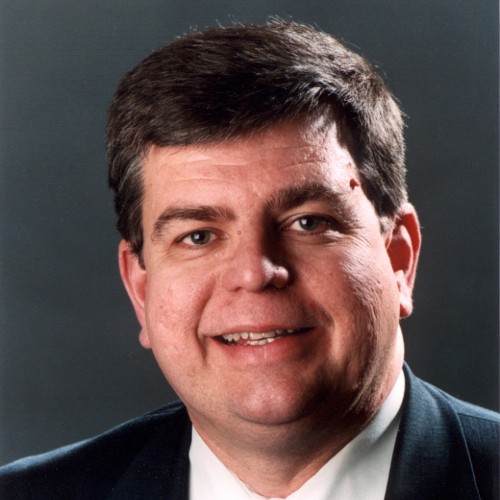Separate Space Military Force Has Few Supporters at Pentagon
OMAHA, Nebraska -- A debate that will not go away -- whether the United States needs to create a separate branch of the military for space -- topped the list of audience questions after the first panel presentations at the Strategic Space 2004 event here in Omaha sponsored by Space News and the Space Foundation.
The answer from at least two members of the panel "Space at a Strategic Crossroad - Progress and Challenges," was a resounding 'No.'
"All it would do is build walls when now we are doing it together every day," said U.S. Army Col. Jeffrey C. Horne, deputy commander for operations at U.S. Army Space and Missile Defense Command and U.S. Army Strategic Command.
Army Brig. Gen. Richard V. Geraci, deputy director of the National Security Space Office, agreed. "All of the services have moved out smartly on the development of a space cadre, so we don't need a separate space force," Geraci said. He also noted that the creation of U.S. Strategic Command (USStratCom) makes the creation of a space service less necessary because StratCom now is responsible for making sure that space capabilities are integrated throughout the U.S. military.
Geraci also noted that the deputy secretary of the Air Force, currently Peter B. Teets, now has wide ranging authority over military space programs because his is also the Department of Defense Agent for Space and the director of the National Reconnaissance office, which procures U.S. military and intelligence satellites.
During his presentation, Horne said "things have changed incredibly within the Army since Desert Storm." He noted that the bandwidth available to U.S. forces during Operation Iraqi Freedom was 42 times higher than it was during Operation Desert Storm and will likely be 42 times higher than present levels in the not too distant future.
By the time the Army gets the Future Combat System in the field there will be the equivalent of a T-1 broadband connection going to every vehicle, he added.
Breaking space news, the latest updates on rocket launches, skywatching events and more!
"The Army is moving forward to embed space forces in every element," Horne said, noting that the Army's needs for qualified space officers has increased 37 percent. He said overall, the Army needs about 900 new officers with space specialties and even more non commissioned officers, enlisted personnel and certified civilian space personnel.
But one retired military officer said the debate about the need for a separate space service it not likely to go away and that many people believe the Air Force still has to prove that it can make the most of space capabilities. He also said the country's leadership needs to decide what the space mission is and then determine the best way to accomplish that mission.

After a long and successful career in journalism and public relations, Lon Rains is now retired. A graduate from the University of Maryland, Lon went on to have a 25-year career in journalism, including 15 years as the Editor of the weekly broadsheet newspaper Space News. Then he spent 11 years as a Director of Communications at Northrop Grumman, a multinational aerospace and defense company, before retiring in 2019.
